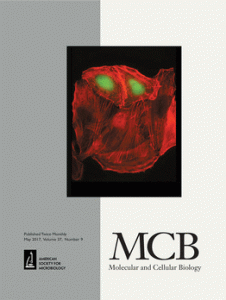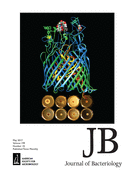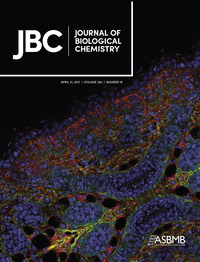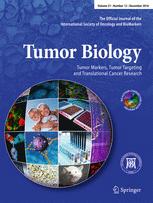 A diabetes researcher who once sued a publisher to prevent several retractions has just issued his 12th.
A diabetes researcher who once sued a publisher to prevent several retractions has just issued his 12th.
The latest retraction, like several others for Mario Saad, appears in the journal Diabetes. Although in the past Saad expended considerable effort to protect four other Diabetes papers from this same fate, the latest retraction was initiated by the authors, citing several duplicated images. The American Diabetes Association had flagged the 2009 paper with an expression of concern earlier this year.
In 2015, Saad brought a lawsuit against the ADA, claiming that it “wrongfully published” four expressions of concerns in its flagship journal Diabetes, in an attempt to prevent the papers from being retracted. He lost, and the papers were retracted in 2016.
The lawsuit also did nothing to deter the ADA from flagging other potentially problematic papers with expressions of concerns, including the latest 2009 Diabetes paper, on which Saad is last and corresponding author. Continue reading Researcher who sued to prevent retractions now has 12





 Springer is
Springer is 
 A journal has flagged a paper by a researcher who has questioned the safety of genetically modified organisms, after receiving concerns that there were issues with some images.
A journal has flagged a paper by a researcher who has questioned the safety of genetically modified organisms, after receiving concerns that there were issues with some images.